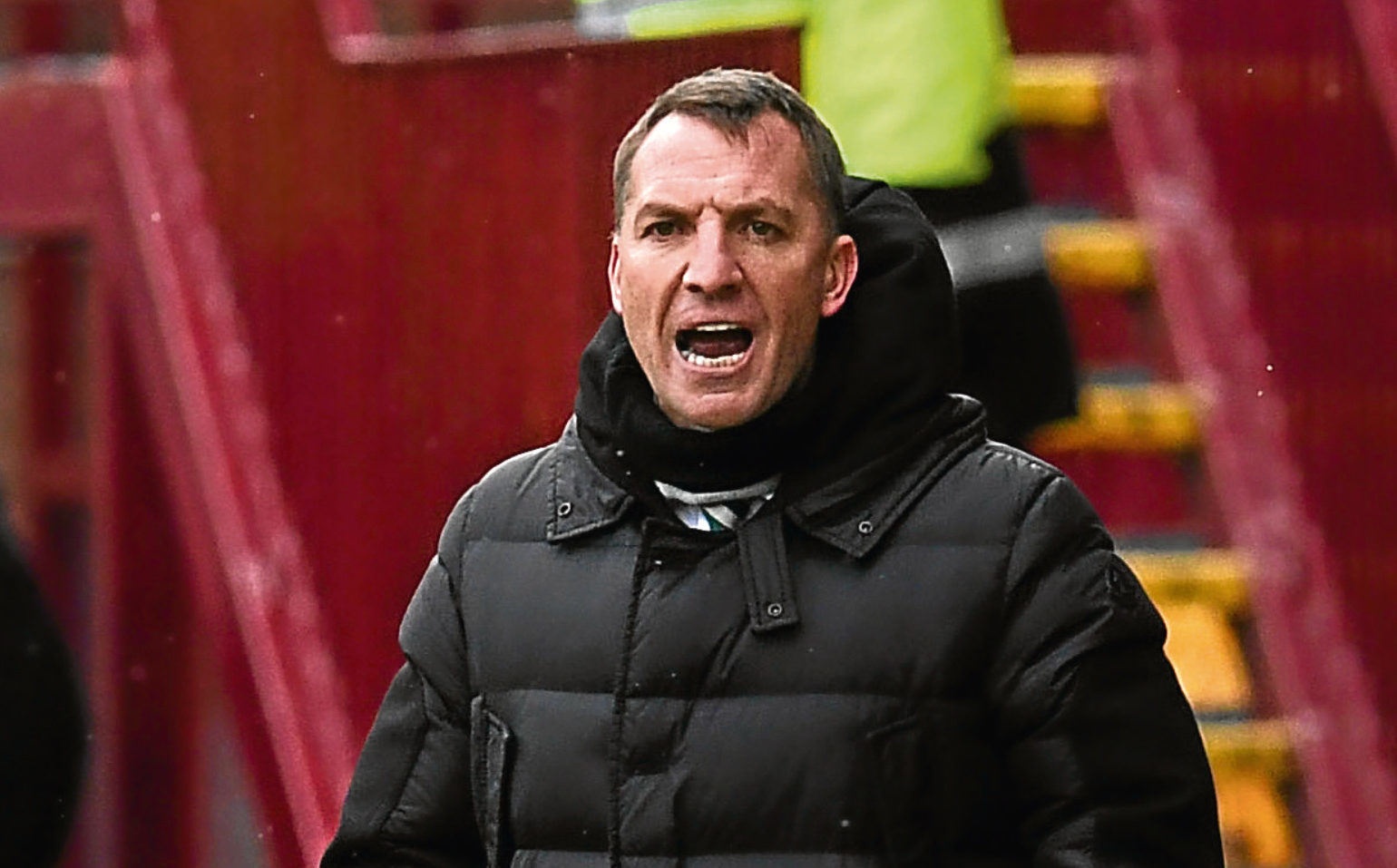
THE raft of Champions League and Europa League rule changes announced this week are certainly innovative.
Twelve substitutes on the bench for matches, a fourth to get on in extra-time, new kick-off times and the end to players being cup-tied are the highlights of a shake-up that is unexpectedly wide-ranging.
I’m all for looking to improve things wherever possible, and particularly like the fact they will be reviewed in a couple of years’ time.
These changes must, however, be seen in the context of football politics.
Specifically that UEFA are afraid, and have long been afraid, of the continent’s super clubs breaking away and starting their own competitions.
This was already the case long before I was working as the SFA’s chief executive. It was the main driver behind the switch from the European Cup to Champions League at the start of the 1990s.
The original format, which pitted the champions of each country against one another, was pretty much perfect as far as I, and millions of others, was concerned.
But it did not allow for the likes of Real Madrid and Barcelona both to compete every season – unless it was in a year one, or the other, was the holder – so it had to go.
Now, thanks to another of the new tweaks, we have gone right down the line to a point where the big four countries – England, Spain, Italy and Germany – all automatically get four teams straight through to the group stages.
In fact, when you break it all down there are now only half a dozen of the 32 group places open for qualifiers.
There is no doubt the cumulative effect has been to give the bigger, more-powerful clubs a greater and greater chance of success.
These latest changes could almost have been drawn up by them.
Twelve substitutes? Ideal when you have a squad strong enough to field the equivalent of two first teams.
A fourth sub in extra-time? Again, the perfect chance to introduce that superstar in waiting who would be a starter in 95% of other sides.
An end to players being cup-tied? Freshen up after a mid-season dip by snaffling up to three of the best of your rivals’ talents to use in the knockout stages.
I think what has actually happened is that UEFA have listened to what the organisation who represent the big clubs have been saying they would like to see done.
Because giving them what they want decreases the chances of them going off on their own.
And anyone who doesn’t believe a combine including the likes of Real Madrid, Barcelona, Bayern Munich, Juventus, Manchester United, Manchester City and the rest could survive on their own doesn’t understand the modern game.
Their collective power is not to be underestimated.
And the introduction of tea-time ties is a clear sop to the broadcasters. With the Europa League already showing staged kick-offs, the armchair fan can, in theory, watch half-a-dozen live European games from Tuesday to Thursday.
That’s exactly what the TV companies want, and I think it will go down well with their audiences.
The only people likely to be inconvenienced, as I see it, are the fans who actually go the games.
Our own biggest clubs are not at that level. They are largely just grateful to be involved.
Brendan Rodgers’ Celtic, to be fair, have been targeting qualification for the Champions League group stage over the last few years and will very likely be doing so again in 2018-19.
So the changes are going to have less impact on them. Less is not zero, though.
If the Hoops were to make the group stage, as they did last year, and then be found wanting, they could easily have the teams that do get through looking to snap up their best players in the January window.
The other side of the coin, though, is if they made it through they would be free to try to cherry pick from other teams who had come up short.
Across the board, it will be interesting to see what happens right enough, just don’t forget why it is happening.

Enjoy the convenience of having The Sunday Post delivered as a digital ePaper straight to your smartphone, tablet or computer.
Subscribe for only £5.49 a month and enjoy all the benefits of the printed paper as a digital replica.
Subscribe